日本人が英語で文章を書く時には、不定詞節、「that」の節、「why」の節などで文章を始める癖があります。しかし、このような節で始まる英語はネイティブにとって分かりにくいです。通常、「it」から始まる文章がより分かりやすい英語です。いくつかの例文を見てみましょう。
It is clear why you decided to join this company. 明瞭
この会社に入った理由は明確です。
That John decided to bring a flashlight was lucky. 不明瞭
It was lucky that John decided to bring a flashlight. 明瞭
ジョンは懐中電灯を持ってきてよかったね。
That Prince William came to our house is quite an honor. 不明瞭
It is quite an honor that Prince William came to our house. 明瞭
ウイリアム王子が家に家に来てくれたことは光栄だ。
To drink lemonade on the lawn is a joy. 不明瞭
It is a joy to drink lemonade on the lawn. 明瞭
芝生でレモネードを飲むのは楽しい。
To play basketball for two hours is a challenge. 不明瞭
It is a challenge to play basketball for two hours. 明瞭
二時間バスケットをするのは難しい。

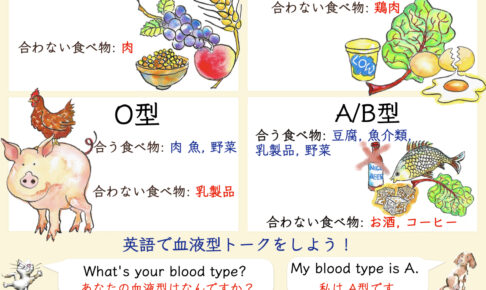
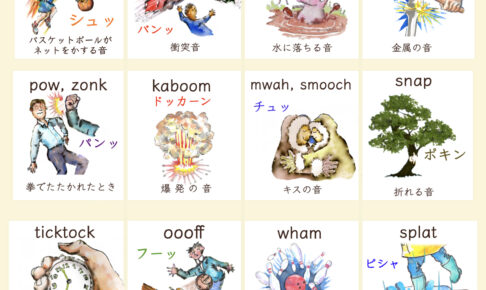
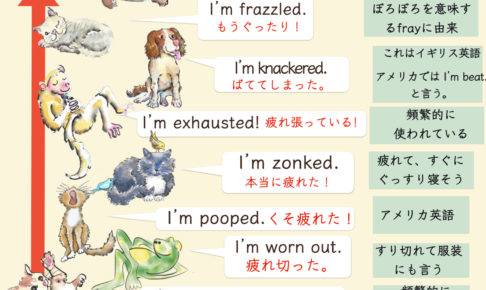
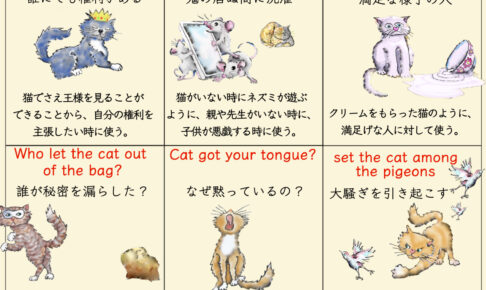




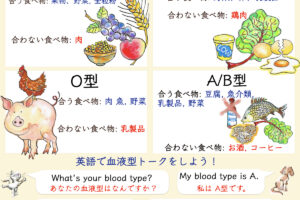
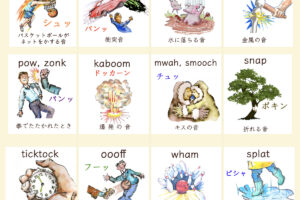
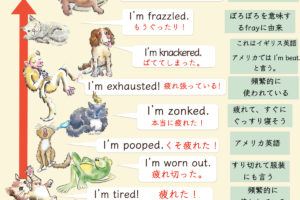
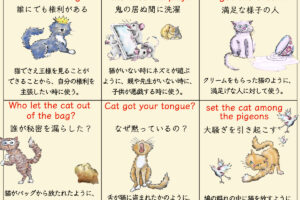
ありがとう!またひとつ、勉強になりました。
先に、結論から言えばいいのですね。
Hi Ranmaru,
Thanks very much! I’m glad you liked it.
Hello, I’m Satomi.
I found your homepage for the first time tonight.
Actually make me ask the question.
When I write my thought at home after I join the English chat class,
I wondered one thing.
In Japanese, I can express the various words, however, I’m not having my confedence so much.
For example, I have three happy things.
When I want to express them to somebody, how should I say using “that” or something?
Can I express like this?
I was really glad and excited that I could see her and the others and talk to her in English and be understood by her about what I talked in it.
Or, I was really glad and excited because I could see her and the others and talk to her in English and be understood by her about what I talked in it.
How do you think I can tell to the other persons in English correctly?
Hi Satomi,
How is this sentence?
“I was really happy to be able to meet them and to talk to them in English. It was great just knowing that they could understand what I was saying.”
http://www.eigowithluke.com/2012/01/it/
>>It is a challenge to play basketball for two hours. 明瞭
>>二時間バスケットをするのは難しい。
a challengeは日本では挑戦するという意味になります。
2時間のバスケットプレイを試みる。ではなく、
やはりネイティブでは難しいとなるのでしょうか?
とてもいい勉強になりました。 もっと、教えてください
Is there any difference between saying it’s ok and that’s ok when someone apologizes for a situation or an even.